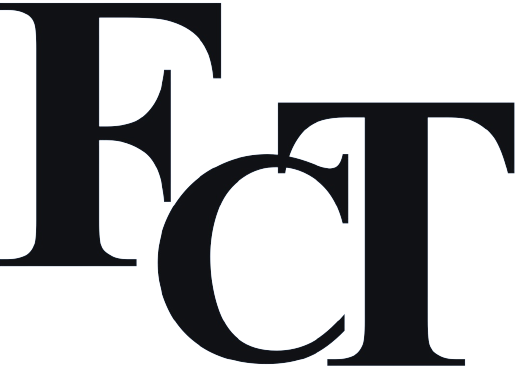The Workshop is dedicated to continuing the legacy of Professor Bruno Latour,whodiedin Paris onthe 9th October 2022.
Latour’s last book, MemoontheNewEcologicalClass,co-written with Nikolaj Schultz, will be out in English soon. In an interview reflecting on this book he said:
I have a weakness for thinking that the ideological work being done by Green parties is not thorough enough. A lot of time and effort were needed to create the fiction of the rational individualist Man, homo economicus,on which the economisation of the world is based. They had to invent everything, redefine what liberty and abundance meant, spread around imaginary ideas, value systems, descriptions of the world. Ecologists have yet to do this work. They thought it wasn’t necessary to deal with these questions; that it was enough to talk about ‘nature’ and how to protect it. (Marie Lemonnier et Rémi Noyon, “Bruno Latour : ‘Le programme de M. Macron avait un sens en 1945!’” L’Obs, le 7 janvier 2022.)
It is a response to his Marxist critics: the issues facing the world are not just about struggles between classes of people. It is also a classical statement of his method: we have to think about how things are sustained in networks, and recomposing these networks is a revolutionary task. As Lesley Green also says: ‘You cannot solve a problem with the same ideas that created it.’ It is in this spirit that we embark on this workshop where we start by doing fieldwork observing particular places, then expanding out to the discussion of conceptual networks.
Critical zone analysis is one method in the field of the Environmental Humanities (see, for example, the numerous studies in Latour and Weibel, CriticalZones:TheScienceandPoliticsofLandingonEarth: https://mitpress.mit.edu/books/critical-zones).
This workshop will help participants describethecriticalzoneinwhichtheyareliving.Every problem starts
with a description of the situation. If the description is inadequate, the problem will be ill-conceived, not to mention the solution. Critique, blame, policy or theory can all come later!
While critical zone science is monitoring the health of the thin atmospheric layer inhabited by life on Earth, critical zone analysis, as informed by the Environmental Humanities, seeks to re-organise knowledge and practices on the ground, always with a view to describing what makes our interdependent human and non- human lives sustainable.
Participants should come to the workshop with a description of where they live and their matters of concern: You could start by noting down two simple lists:
- What you are happyabout in your place (e.g.: your human and non-human family, plants, animals, the flow of knowledge, spiritual guidance…)
- What gives you concern: supply of goods? Atmospheric pollution? Visible effects of climate change? The concepts behind the idea a developer has for a new building?
All of these actors (both things and ideas) flow in networks. Describe the networks too, maybe with maps. Some things are near: maybe you get vegetables from the garden; others are far: remittances arrive from a cousin in Canada? You can cite evidence: refer to the ‘literature’ on pollution, including science, government policy, journalism and fiction.
In each case, we can try to identify the actors involved (human and non-human), the political tensions, the handling and distribution of materials, the interplay of intergovernmental and intragovernmental environmental policies and pressures. We are interested in adding sustainable practices to our worlds, while being wary of ‘greenwashing’, and not leaving everything up to the scientific experts.
‘Adding sustainable practices’ doesn’t mean getting back to some ‘normal’ situation. It means making the two- stage assessment this workshop is all about: First: what is good about where you live, that is: traditions and practices worth retaining? Second: What useful changes could be made to improve things, or at least keep going, in the context of environmental changes? Having made our descriptive assessments there is now a final stage: negotiation. One person suggesting a certain change might have to negotiate with their neighbour who doesn’t want that particular change, but is suggesting a different one. Parties to this negotiation are not always human either! We might have to learn the various languages of this cosmos, this world into which you are pitching a description.


